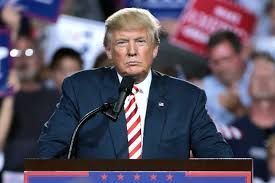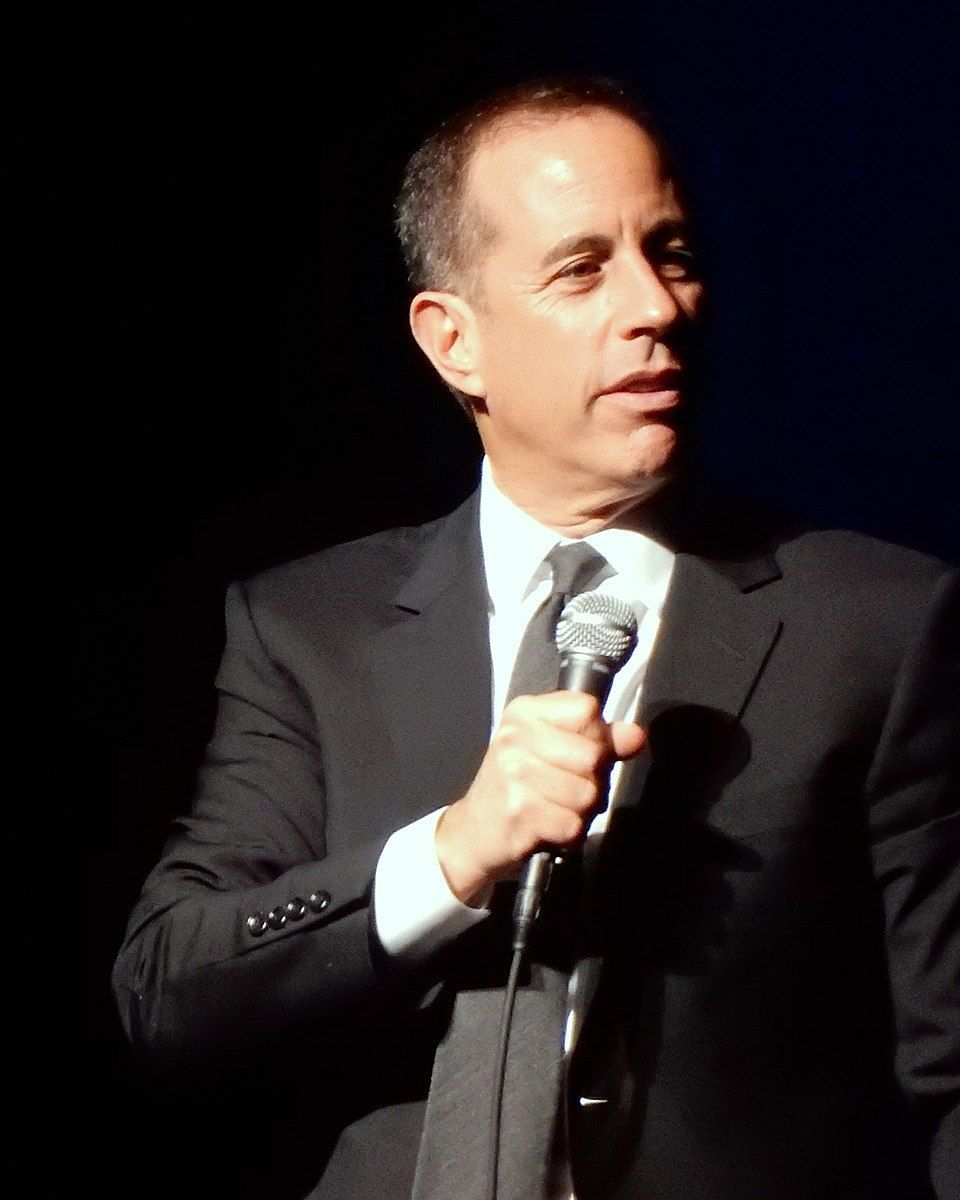Nib #24: Roger Federer’s Writing Lesson
The best part of Roger Federer’s commencement address at Dartmouth College last week was the first of three “tennis lessons” he gave the new graduates:
“‘Effortless’ is a myth.”
Generations of tennis fans have marveled at how Federer made his G.O.A.T run on the court without ever seeming to break a sweat. Federer’s answer? Years of unrelenting discipline and toil behind the scenes.
“The truth us,” Federer said, “I had to work very hard to make it look easy.”
Of course he did! Just like Mohammad Ali, Michael Jordon, or Cal Ripken did. Making anything look easy is one of the hardest things a human being, made of crooked timber, can do.
Writing is no exception.
Reading good writing feels effortless, too. The right words, put in the right order, make a reader — as Stephen King put it — “forget, whenever possible, that he/she is reading … at all.”
Achieving this frictionless, telepathic effect is extremely difficult. It requires fanatical discipline — like the story of Ernest Hemingway spending a whole morning removing a comma from a sentence and all afternoon putting it back in. And it requires emotional detachment — remember William Faulkner’s admonition to “kill your darlings.”
But, as Federer said, when pursuing effortlessness, there is no alternative to “training harder… a lot harder.”
For young writers, “training harder” means writing more, reading more (and better), and editing down your clunky, fatty, awkward drafts until all that’s left is so clear, readable, and true that it looks like it must have been easy to write.
Until next week… keep writing!

All Rights Reserved 2024 Inkling Communications | Privacy Policy
Website Designed By Royals Advertising










